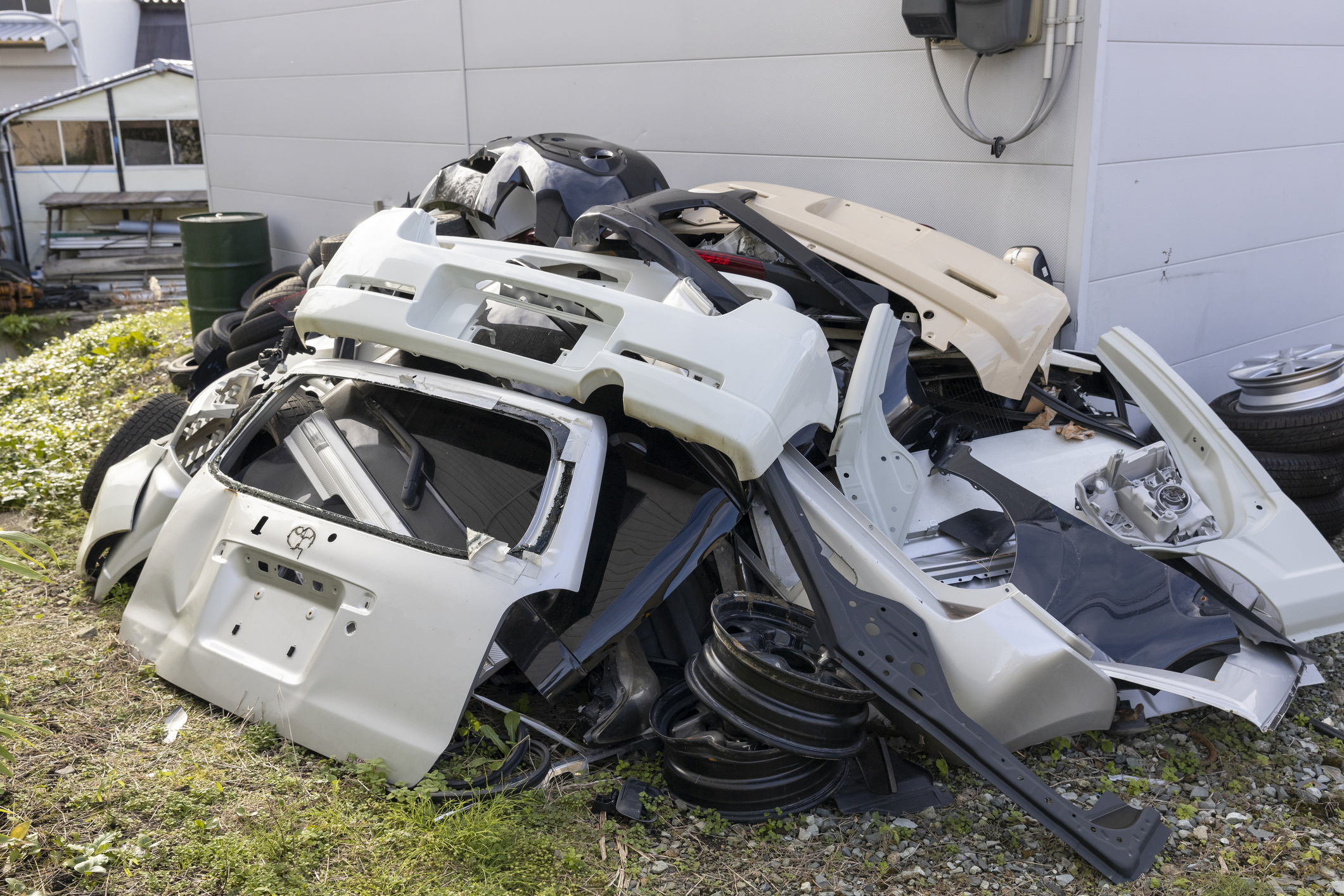RecyClass Launches First-Ever Recyclability Testing Protocols for Automotive and Electronics Sectors

According to recent announcements by RecyClass, the Brussels-based nonprofit initiative dedicated to advancing plastic recyclability, the organization has officially published its first Recyclability Evaluation Protocols specifically tailored for the automotive and electrical & electronic equipment (EEE) sectors. The move marks a significant milestone in industry-wide efforts to support a circular plastics economy.
As reported by several industry sources, the protocols were developed after extensive collaboration with stakeholders across the plastic value chain. The guidelines target widely used polymers such as polypropylene (PP), mineral-filled polypropylene (PP-MF), acrylonitrile butadiene styrene (ABS), polystyrene (PS), polyethylene (PE), and polycarbonate-ABS blends (PC-ABS) — all of which are commonly found in automotive parts and electronic products.
According to Tom Caris, Chair of the Automotive and EEE Technical Committee at RecyClass, the protocols are part of a broader commitment to “deliver actionable, science-based guidance” to manufacturers and recyclers. “This is just the beginning,” Caris said in a statement. “Further protocols are under development and will be released next year.”
Among the newly released tools is the Recyclability Evaluation Protocol for Automotive and EEE Resin Validation, which enables resin producers to assess how their materials perform under standard recycling conditions. This testing helps determine whether a resin can serve as a control material for evaluating single components.
Simultaneously, the Protocols for Single Components used in Automotive and EEE Applications offer a more granular assessment, focusing on the recyclability of fillers, coatings, additives, adhesives, and surface treatments associated with the aforementioned polymers.
RecyClass also revealed that a new protocol addressing multi-component materials is currently under development. This upcoming guideline aims to evaluate the separation efficiency of complex material assemblies during recycling and assess how different design and assembly choices impact overall recyclability.
According to RecyClass’s official website, companies are strongly encouraged to test their materials and technologies using the protocols, which could help inform future Design for Recycling Guidelines tailored to specific sectors. The protocols are also seen as a proactive tool for anticipating upcoming EU legislation aimed at improving recycling rates and material circularity.
Source: RecyClass






